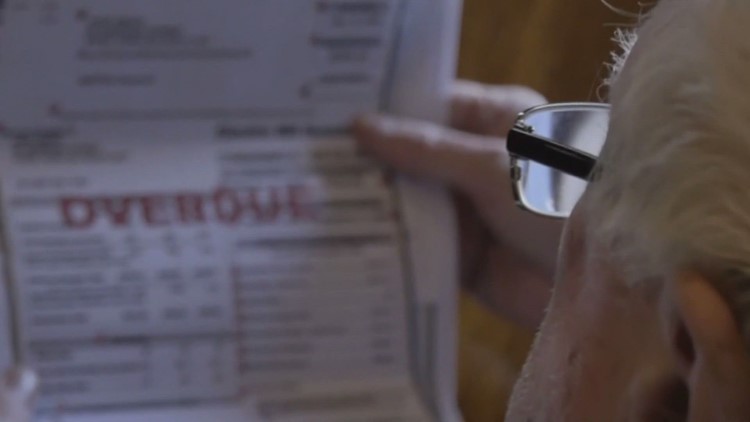
As aviation continues to evolve, air travellers are demanding more from airlines and airport operators , with attendant priority on convenience and speed. According to a new study, air travellers want a smoother travel experience with the benefit of biometric identification and completion of some travel processes before reaching the airport. In the 2024 Global Passenger Survey recently released by the International Air Transport Association (IATA), passengers want flexibility and transparency when planning and booking travel, plus speed and convenience at the airport.
IATA’s Senior Vice President of Operations, Safety, and Security, Nick Careen, remarked that more are embracing biometrics, digital wallets, and off-airport processes to make it happen. The latest survey found that 68 per cent said proximity to the airport was their top priority when selecting their departure airport, followed by minimising total travel time (33 per cent) and getting the best ticket price (25 per cent). About 71 per cent said they book travel online or via a mobile app, with 53 per cent preferring to use the airline’s website or app, and only 16 per cent preferring human interaction.

A total of 32 per cent said they wanted to have all travel information consolidated in one place during the pre-travel process. 79 per cent prefer to pay for travel with a credit or debit card (+8ppt on 2023), followed by digital wallets at 20 per cent (+2ppt on 2023) and instant payment solutions, such as IATA Pay, at 7 per cent (+3ppt on 2023). Convenience was the main reason passengers chose a particular payment method (70 per cent), followed by benefits (39 per cent) and security (33 per cent).
Passengers prioritise convenience in the planning, booking and payment phase of travel. For this convenience, they may accept some higher costs and they are increasingly willing to use technologies such as digital wallets. IATA’s Senior Vice President for Financial Settlement and Distribution Services, Muhammad Albakri, reckoned that technology continues to change the way people plan, book and pay for travel.
Travellers expect the same conveniences when shopping for travel that they get in any other online shopping experience, Albakri said. “That means simplicity, clarity, and with options to meet their preferences while keeping their data secure. The industry is stepping up to meet the demand for greater customer centricity through IATA’s Modern Airline Retailing initiative.
Passengers will experience its positive impact progressively in the very near future,” he said. On airport-specific demands, 70 per cent said they want to reach their boarding gate in 30 minutes or less when travelling with just a carry-on; 74 per cent expect it to take no longer than 45 minutes with a checked bag. About 85 per cent said they are willing to share immigration data i.
e. passport, visa with authorities before departure to speed up airport process. And 89 per cent are interested in a trusted traveler program to expedite security screening.
A total of 45 per cent said immigration procedures should be completed before reaching the airport, and 36 per cent feel the same about check-in. Additionally, 70 per cent of passengers said they’d be more likely to check-in a bag if they could do so in advance. 46 per cent of travellers experienced airport processes using biometric identification.
The highest usage is seen at entry and exit immigration checkpoints (43 per cent). 84 per cent of users were satisfied. And 75 per cent prefer using biometrics over traditional passports and boarding passes.
About 50 per cent said they are concerned about data protection and 39 per cent would be more open to biometric solutions if assured of their data’s security. Careen said the clear message from travellers is that they expect to board their planes faster with technology and smarter processes beginning well before they reach the airport. “And the good news is that we are making this happen.
Already travellers can arrive at the airport ready to fly with admissibility checks completed. And biometrics and digital identity can deliver a paperless experience once at the airport. “That’s great for passengers.
Importantly, the greater efficiency will help airport infrastructure to better cope with the growth in passenger numbers, helping to make the business case for adopting these new technologies and processes even more compelling,” Careen said. At the regional end, the trends among Africa Passengers also show priority of convenience when choosing an airport, but often face limited options due to a lack of alternatives. More passengers in this region book their tickets through travel agents than in any other area.
They also show a stronger interest in adopting digital solutions and technology to streamline travel processes. Additionally, complex visa requirements are a deterrent for African travellers compared to other regions. Asia-Pacific travellers are the most price-conscious when choosing their departure airport.
They lead in using mobile apps and digital wallets to book and pay for travel, more than any other region. They are also more likely to use biometric technology at airports, although their satisfaction with the experience is the lowest among all regions. Complex visa requirements deter more travellers from Asia-Pacific than most other regions.
European travellers are more likely to book through an airline’s website and pay with a credit or debit card. They tend to be slightly more cautious about using digital solutions and sharing personal information to enhance their travel experience compared to other regions. Europeans are also the least likely to share biometric data to speed up processes, and when they do, their satisfaction is lower than that of travellers from other regions.
North America passengers overwhelmingly and more than any other region prefer to pay for their flights with debit or credit cards and are the most frequent users of loyalty points for payment. They actively use biometric identification for airport processes and report high satisfaction with it. Nearly all are interested in providing data in advance for more ‘lighter’ security checks at the airport.
.














